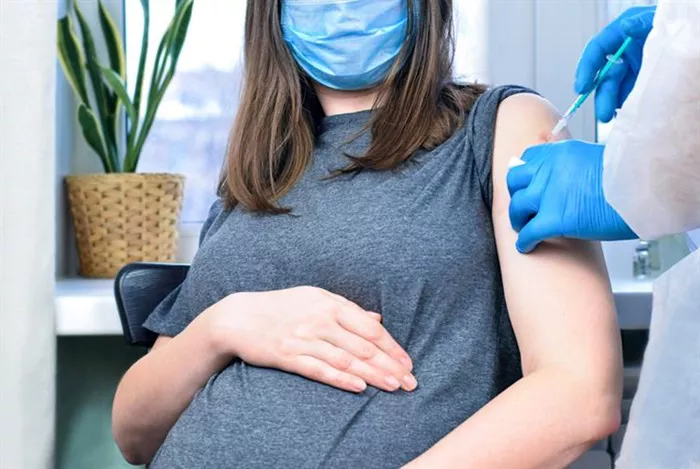Public health experts predict that a new vaccine for Respiratory Syncytial Virus (RSV) could prevent 5,000 hospitalizations of infants each year. The vaccine, which targets a common lung infection, may also reduce the number of babies needing intensive care by 200 annually.
The UK Health Security Agency (UKHSA) has conducted population modeling that highlights the potential benefits of the vaccine. Starting next month, women who are at least 28 weeks pregnant will be offered the vaccine to protect their babies from birth.
RSV infects about 90% of children within their first two years. Although it usually causes mild cold-like symptoms, it can sometimes lead to severe lung infections, such as pneumonia and bronchiolitis. This virus is a leading cause of infant mortality worldwide and contributes significantly to winter pressures on children’s hospitals, increasing the demand for pediatric intensive care units and leading to postponed surgeries.
In the UK, RSV results in approximately 20,000 hospital admissions and 20 to 30 infant deaths each year.
Christine Burlison, who experienced her baby’s severe illness from RSV, is advocating for the vaccine. Her daughter, Aria, was only 11 days old when she was hospitalized with bronchiolitis caused by RSV.
“Having the option of a vaccine that could prevent other families from experiencing what we went through is incredible,” said Ms. Burlison. “Seeing your child struggle to breathe is one of the worst things a parent can face. This vaccine offers crucial protection for newborns.”
The study, published in Lancet Regional Health Europe, assumes a 60% uptake rate among pregnant women. Additionally, a second phase of the vaccination program will target individuals over 75 to boost their immunity against RSV.
Professor Dame Jenny Harries, chief executive of the UKHSA, emphasized the importance of the vaccine in protecting lives and alleviating winter pressures on the NHS. “The vaccine is a significant advancement in public health,” she stated. “I encourage everyone eligible to get vaccinated when the program starts in September.”
The vaccine helps pregnant women produce antibodies against RSV, which are passed to their babies through the placenta, providing protection from the moment of birth.


